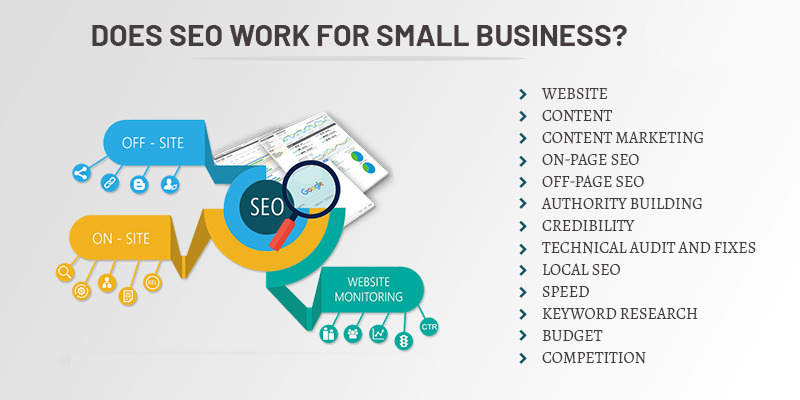Have you ever wondered how to do a website audit for small businesses?
Have you ever wondered how to do a website audit for small businesses?
Most likely, you searched for it online, but you didn’t read the articles because of the unclear information. I have great news for you! To help website owners in understanding the substance of the procedure, I’ve compiled all the crucial information about the Website Audit for Small Business in this article. Your website pages can be optimized based on the most recent best practices by simply following a few simple steps.
Additionally, I’ve created a website audit checklist for you to use in order to enhance the functionality of your website and boost its performance in Google organic search. Keep in mind that your website needs a frequent assessment just like your yearly physical. That will make sure you have control over the condition of your website.

Are you prepared to follow the seemingly difficult procedures of a thorough website audit for small businesses? Now let’s get started!
What is a Website Audit?
Are you certain that your website functions the way you intend it to? Does it result in the conversions you were hoping for? All the problems preventing the site from generating more conversions and rates will be analyzed and revealed during this procedure.
Why Do You Need a Website Audit?
Over time, search engines get smarter. It becomes harder to rank on the first page of Google with each update. If you don’t update your website in accordance with Google updates, nobody will ever find it because it will be hidden on the third or fourth page of the SERPs.
This procedure will help you keep it current, enhancing its content, appearance, accessibility, and SEO.
You should do regular website audits for the following reasons, to name a few:
1. Website navigation issues
By including user testing in your audit, you can get rid of any issues you might have missed. For instance, if the navigation bar has too many things, users may not be able to find what they’re looking for. As a result, your website will see a high bounce rate as they simply give up and quit.
2. Not a properly optimized website
You must optimize your website for search engines. You can eliminate redundant or useless content, enhance site architecture, identify broken links, and many other things with the help of an SEO audit.

3. Risk of penalization from search engines
Have you previously trusted SEO agencies with your website? If your response to this question is “yes,” you must absolutely do a site audit. The main cause of this is that certain SEO agencies have previously used “black hat” SEO techniques like link farming and keyword stuffing. These techniques were effective a few years ago, but they now run the risk of punishment.
4. Page load time issues
If your website takes more than five minutes to load, your bounce rates will always be high. If the page takes longer than five minutes to load, the bounce rate rises by 106%, according to Google’s research. You can identify the cause of the page’s slow loading time with the use of the site audit.
5. Online strategies of competitors
If you want to boost your search engine rankings and succeed in your sector, research your competitors.
Conclusion
For your business goals to be successful, conducting a thorough website audit for small businesses is essential. You can use it to monitor the effectiveness of your website and fix any problems that might be affecting its Google ranking. I’ve outlined the key actions you should take to audit your website in this article. If you like the information follow me on my Social Media for further updates.




